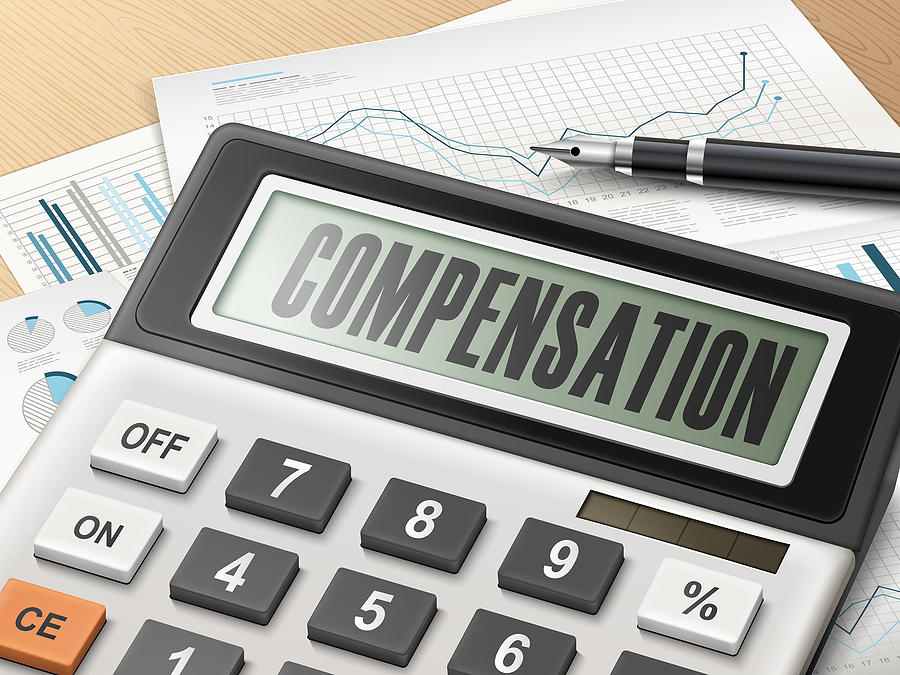Sustaining a personal injury can disrupt your life in ways that are not just physical but also financial and emotional. One of the most important aspects of recovering from an accident is securing a fair and just settlement for the damages you have incurred. Although the notion of what’s ‘fair’ can be subjective, the legal system provides structured guidelines for valuing personal injury claims, which can help in understanding what injured individuals can reasonably expect as compensation.
Navigating the labyrinth of personal injury claims and the multitude of factors affecting settlement values can seem daunting. This guide breaks down the intricate process of calculating personal injury settlements, aimed at empowering victims to understand their rights and work towards the compensation they deserve.

Why Understanding Personal Injury Settlement Values Matters
Before diving into the specifics of calculation, it’s essential to grasp the significance of settlement values. Many personal injury victims accept the first or second settlement offer presented to them by insurance companies without realizing the true worth of their claim.
Understanding the calculation breakdown helps in:
1) Ensuring fair compensation for all tangible and intangible losses
2) Empowering victims and their attorneys to negotiate from an informed position
3) Gaining the financial means to cope with present/future challenges resulting from the injury
By gauging settlement values accurately, claimants can transition from being mere accident statistics to individuals advocating for their own justice.
Factors Affecting Personal Injury Compensation
Personal injury settlement values are not essentially arbitrary; they’re grounded in measurable and subjective factors. The primary elements influencing these values include:
Severity of Injuries – The extent of physical harm directly correlates with the settlement value. More severe injuries that require extensive medical treatment and have a lasting impact on an individual’s life warrant higher compensation.
Medical Expenses – Calculating medical costs incurred due to the injury is relatively straightforward. It includes past, current, and estimated future medical bills related to injuries sustained in the accident.
Lost Wages – Monetary losses from missed work also play a vital role in settlement calculations. This includes lost wages from time off work for recovery and any decrease in future earning capacity due to the injury.
Pain and Suffering – This is a factor that varies greatly from case to case, as it encompasses the physical discomfort and pain, emotional trauma, and mental distress caused by the injury and its aftermath.
Future Medical Needs – Some injuries require ongoing care or may necessitate adjustments in lifestyle, leading to substantial future medical costs, which should be accounted for in a settlement.
Comparative Negligence – If the injured party is found partially at fault for the accident, their settlement may be reduced proportionally. Understanding contributory negligence and comparative fault laws is crucial in assessing potential impact on the settlement value.
Economic Damages
Economic damages refer to the measurable financial losses incurred as a direct result of the injury and cover areas like:
Medical Expenses – The cost of treatment can be determined by adding up all related medical bills including hospital stays, surgeries, prescription medications, and necessary medical equipment.
Lost Wages – Documenting the wages lost due to the inability to work provides a clear number to calculate this portion of economic damages.
Property Damage – In cases involving vehicle accidents or property-related injuries, the cost to repair or replace damaged property is an additional economic damage that contributes to the overall settlement value.
Through meticulous assessment and documentation of these economic damages, a more comprehensive understanding of the financial burden endured by the victim is revealed.
Non-Economic Damages
Unlike economic damages, non-economic damages are more subjective and can be challenging to quantify. This category includes pain-and-suffering, such as emotional distress and loss of enjoyment of life.
Pain and Suffering – Although intangible, pain and suffering are an important component in valuing personal injury claims. Multiplying the tangible costs by a “pain multiplier” is a commonly used method though not the only one.
Emotional Distress – This covers side effects such as anxiety, depression, sleep disturbances, and post-traumatic stress disorder (PTSD). These effects may often require testimony from mental health professionals to be taken into account.
Loss of Enjoyment of Life – Injuries can rob individuals of the ability to partake in activities they once enjoyed. Factoring this into the calculation acknowledges the intangible losses suffered.
Accounting for these non-economic damages is often more nuanced and requires a balanced approach that accounts for the victim’s unique circumstances.
Additional Considerations
Beyond the direct calculation of damages, several other considerations can significantly impact the ultimate settlement value, such as statute of limitations, insurance coverage caps, and even negotiation tactics.
Statute of Limitations – Each state has its own statute of limitations— the time within which a lawsuit must be filed. Missing this deadline can bar a claimant from any recovery, no matter how severe the injury.
Insurance Coverage Limits – Understanding the insurance policies involved and their coverage limits is vital as it can cap the maximum settlement, even if the calculated value is higher.
Negotiation Strategies – A nuanced approach to negotiation, involving the help of a skilled personal injury attorney, can often lead to higher settlements by leveraging strong arguments and evidence.
A broad understanding of these considerations ensures that personal injury victims approach the settlement process with a strategic mindset, enhancing their outcomes.
Seeking Legal Advice
Navigating the complex world of personal injury settlements can be challenging, especially for those unaccustomed to the legal intricacies involved. Seeking the counsel of an experienced personal injury lawyer is the best course of action. These professionals specialize in valuing claims and negotiating with insurance companies to obtain the best possible outcome for their clients. By equipping themselves with knowledge and legal representation, claimants can confidently pursue the compensation they deserve. This aids in their path to recovery and offers some sense of closure after experiencing the trauma of an injury.
Conclusion
The road to a personal injury settlement is rarely straightforward. From determining the severity of injuries to understanding the complexities of non-economic damages, the process is rife with nuances that can dramatically impact the final compensation amount. By delving into this guide, victims can better equip themselves with the understanding necessary to advocate their case effectively and ensure that the settlement they receive does justice to the physical, emotional, and financial hardships they’ve endured. Remember, the more informed you are, the stronger position you will hold in the quest for fair recompense for your injury.
Are you ready to pursue the personal injury settlement you and your loved ones deserve? Contact the law office of Craven, Hoover, and Blazek P.C. at 317-881-2700 today. Our Indianapolis civil litigators provide free initial consultations and never collect lawyer fees unless we recover a settlement or verdict for you. We represent victims all throughout the state, plus Indiana residents injured in other states.
Related Posts:
Key Factors Influencing Your Personal Injury Settlement Value
How a Personal Injury Evaluation Can Help You
What is the Worth of My Personal Injury Claim?


